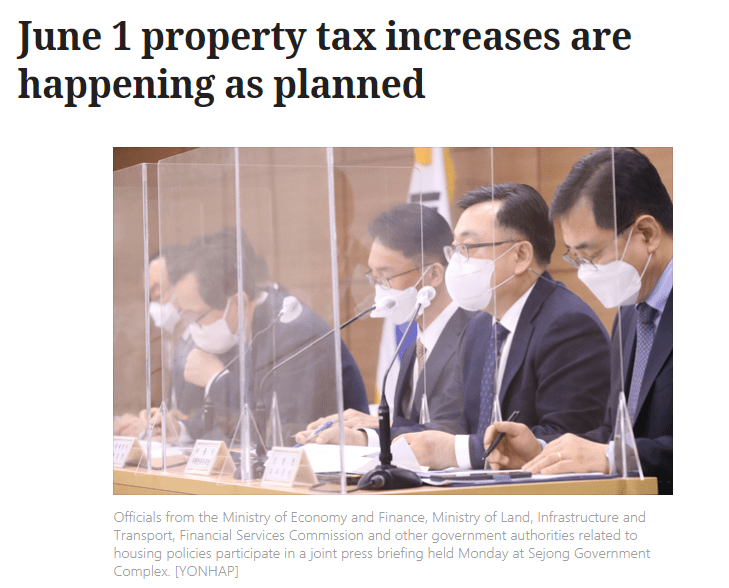Why Real Estate is Super Expensive in South Korea | The Lunchbox Theory
Young people trying to get on the property ladder have had their dreams crushed as average apartment prices in Seoul have reached about $1 million dollars. Why are real estate prices in Korea so high? Ironically, government efforts to redistribute property wealth have only made the rich richer. Why? Because instead of being rooted in economics, the policy was rooted in old-fashioned jealousy learned during the days of South Korea's dictatorship.
Akin to the economic "dollar milkshake theory", The Seoulite has created the Korean "lunchbox theory". In the 1960s and 1970s, one of Korea's dictatorial solutions to deal with its rice shortage problem was to force kids to eat less rice. Even though South Korea was a democracy in name, it was led by a dictatorship. Teachers were instructed to inspect their students' lunchboxes to make sure the rice they brought to school had at least 30% non-rice in the mixture (beans, barley, etc.).
This generation was taught "If I suffer, you suffer. If I have less, you must have less." Yet, everyone wanted to eat 100% white rice and made efforts to do so despite shaming others. Thus, instead of focusing on solving the rice shortage by producing more rice, they shifted the blame on children's lunchboxes, which had no hope of producing more rice for the nation.
Likewise, these same children are now the government policymakers and apartment owners of today. They think that instead of building more apartments and changing government policies to diversify the real estate market, they can reduce apartment prices by increasing taxes on real estate investors to nose bleed levels so that they give up and put their existing properties back on the market. The government didn't even announce how many homes they estimated would 'flood the market', the specific effect on prices and how many new homeowners would be served. It was an emotional vendetta to punish those skipping the "barley in their lunchbox" and eating that good, sweet white rice.
However, many of these 'investors' are barely keeping their 'lunchboxes' full and are using these apartments as retirement vehicles in a nation with a sorely substandard social security safety net. If you take this last leg of security away, especially from retirees, expect a domino effect to hit the rental market and blood to spill on the streets.
At the start of 2021, Korea's head of tax and customs office for the Ministry of Economy and Finance said, “Exactly how much increase is hard to tell now, but we are expecting more houses to be sold as June draws near.” Well, prices have only skyrocketed. Also, had the apartments come onto the market, new homeowners wouldn't have been able to purchase them anyhow because of recent government policies that restricted banks on mortgage lending. Thus, the lunchbox theory believes the current failed economic policy in housing prices did not come from a miscalculation in economic analysis. Rather, it comes from making policy without economic analysis and basing it purely on populism and jealousy. (Remind you of the current Trump Republicans?)
Instead of redistributing houses to the non-wealthy or maintaining stability among investors, properties are being scooped up by cash liquid 1% and 0.1% elites. And there you go - a populist Robin Hood policy just hand-delivered more asset wealth to the richest South Koreans.
From the lunchbox to the apartment! It's the legacy of fascism and dictatorship on a people's psyche long after the leader has been deposed. Even the "liberals" carry out the psychopathic traits of the past dictator because of what was normalized in their childhoods. Imagine what the so-called 'conservatives' or far-right children of the dictatorship era would do. That's for another episode! Don't let it happen to your nation!
Real Estate Investing For Dummies



